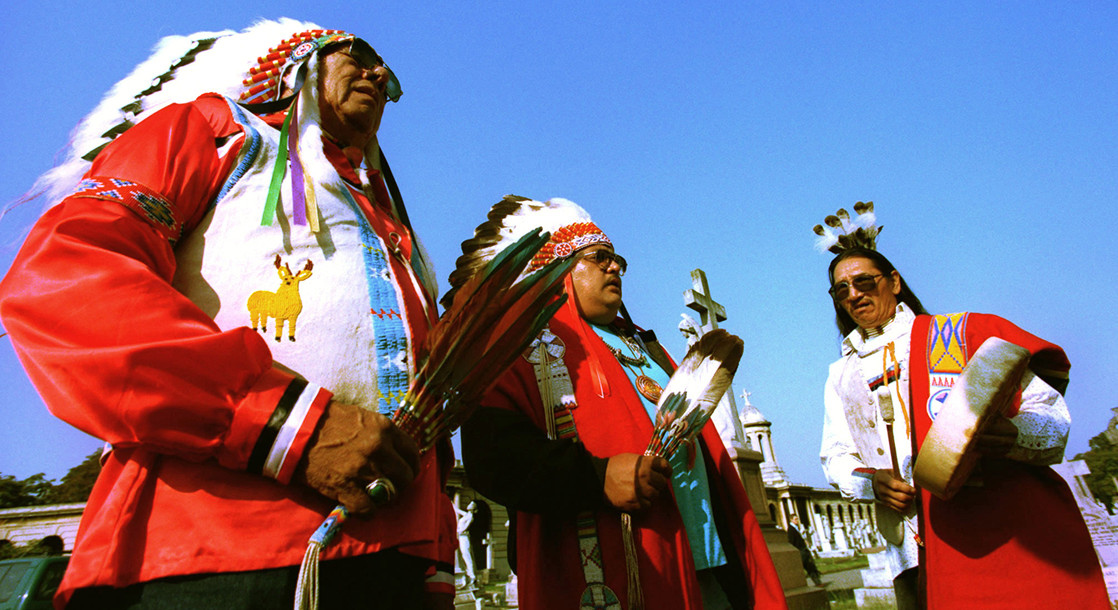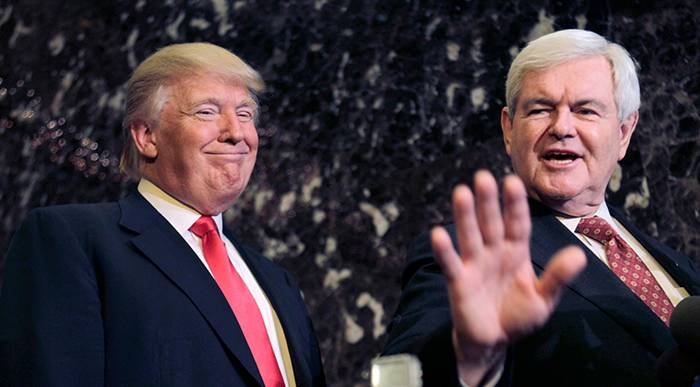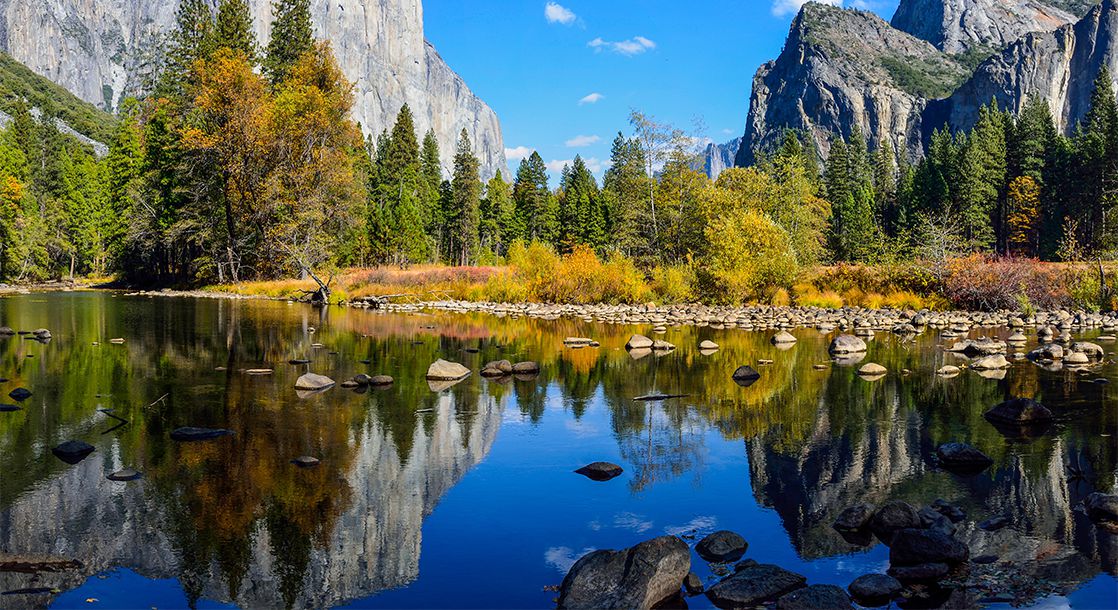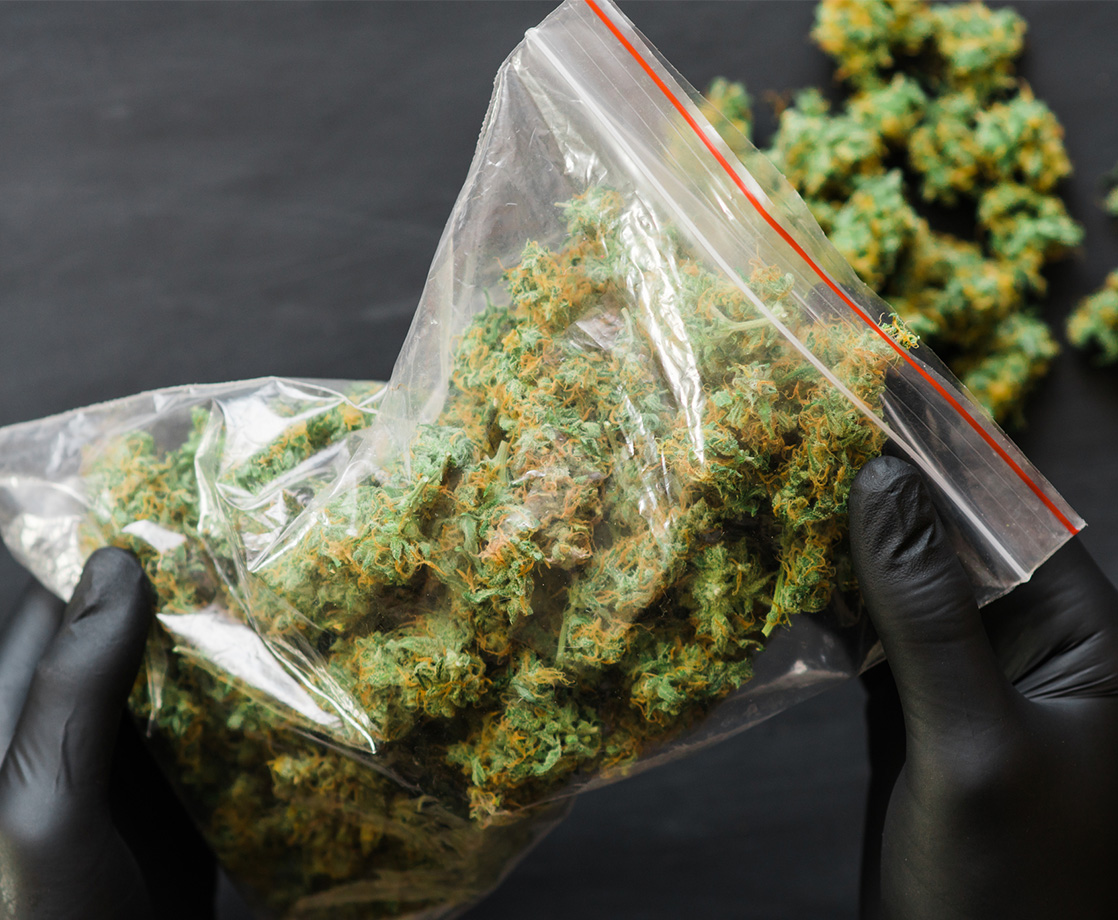All across the United States, the budding cannabis industry has become a boon for entrepreneurs and social advocates. But many feel that the country’s underserved communities are getting the short end of the stick, especially when you consider the grave impact that federal pot prohibition has had on minority groups. A growing number of Native American tribes believe that marijuana is the key to eliminating poverty on economically depressed reservations.
Due to the tax advantages that indigenous tribes are given, the Native American community stands to profit more than anyone else off of cannabis. These tribes don’t have to pay income tax on earnings gained on reservations, creating an exceptionally lucrative opportunity. However, federal laws has are still a large thorn in the side of these native people, forcing them to tread carefully.
Back in 2013, the Department of Justice issued a guidance memo to tribes that would enable cannabis cultivation alongside certain restrictions. Still, one of the constraints stated in the memorandum was that marijuana grow operations were not allowed on public land. The policy statement has left Native American tribes in a confusing situation, essentially allowing the federal government to enforce the rules as they see fit.
While a number of tribes have attempted to get their foot into the door, most recent operations have been shut down by the government. For example, in July 2015, two Native American grows in California were raided and seized by federal agents. This eventually caused other tribes, such as South Dakota’s Flandreau Santee Sioux, to curtail their cultivation in fear of similar repercussions.
Despite fears of federal enforcement, some tribes have successfully integrated into states where cannabis is legal. The state of Nevada recently granted local natives the ability to negotiate the use and sale of cannabis on their reservations. In San Diego, the Iipay Nation is transforming a failed casino resort into a massive cannabis production facility.
As for why federal authorities have been so keen on restricting Native Americans from accessing the proverbial green goldmine, there doesn’t seem to be a clear answer. According to Vincent Sliwoski, a Portland attorney who represents numerous cannabis companies, law enforcement could be misinterpreting the DOJ’s aforementioned memo, or local U.S. attorneys could simply be targeting indigenous tribes at a disproportionate rate.











